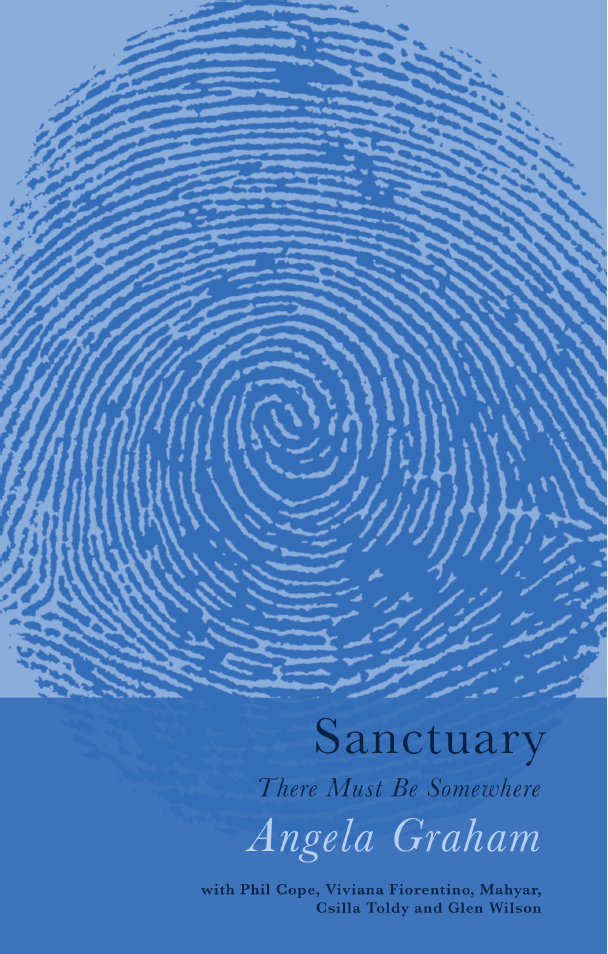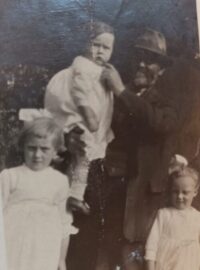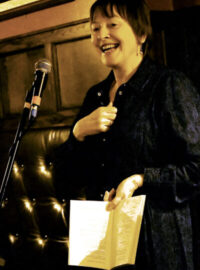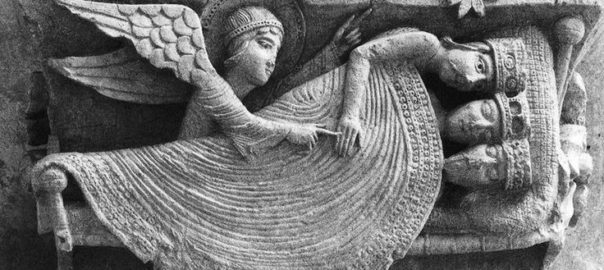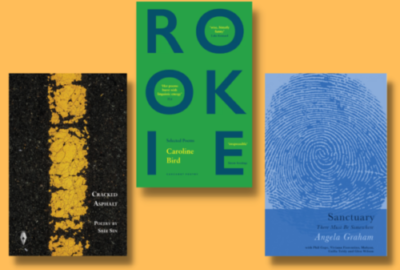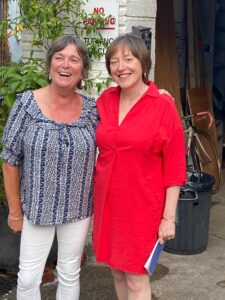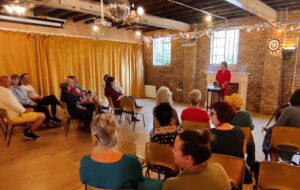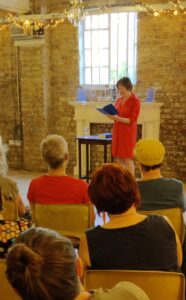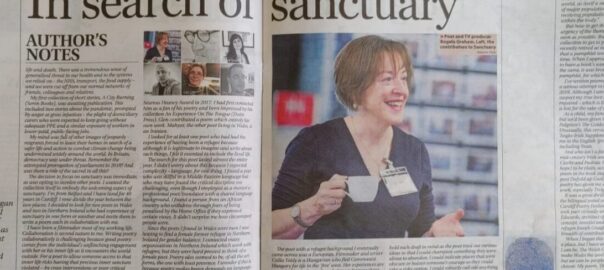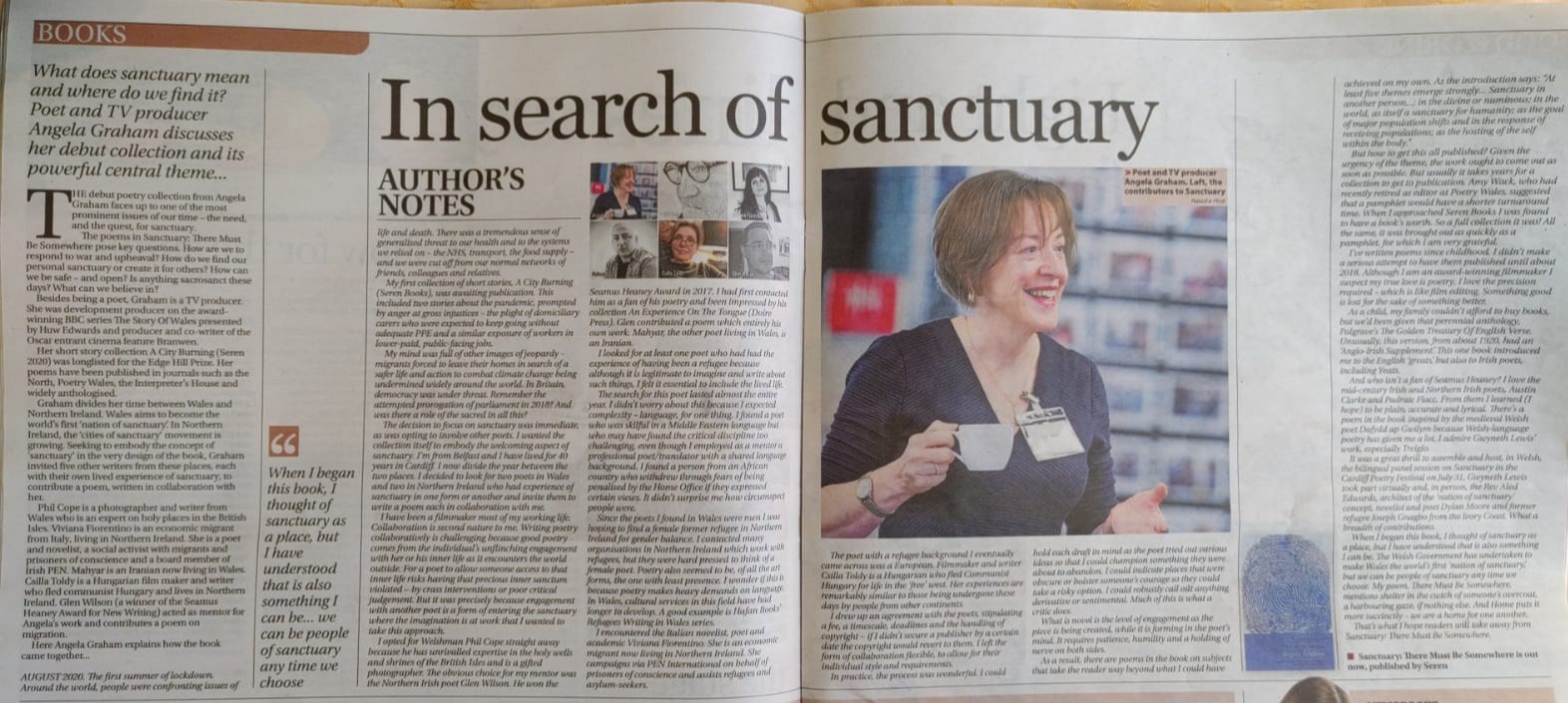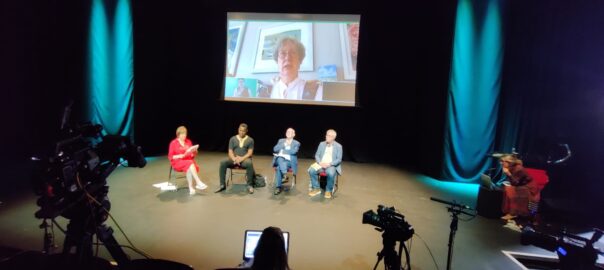I was delighted to read from my poetry collection at arts space, The Green Room above Sustainable Wales’s colourful, intriguing shop, SUSSED Wales. This is an ethical community co-operative selling fair trade local and international goods in James Street, Porthcawl. Commitment to a just food policy is a major focus. What better time than the start of
https://www.fairtrade.org.uk/get-involved/current-campaigns/fairtrade-fortnight/
A special dinner will be held at Porthcawl’s Atlantic Hotel to celebrate the 25th anniversary of Sustainable Wales. 8th March. Tickets here. Continue reading Sanctuary reading at Sustainable Wales
